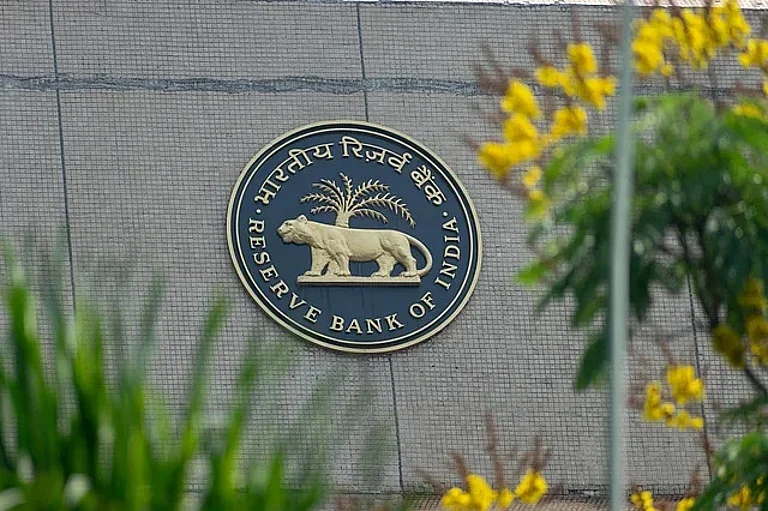RBI Retail Direct allows direct investment in government bonds.
Simple online registration with PAN, bank account, Aadhaar.
Buy via auctions or secondary market with secure settlement.
How To Invest In RBI Retail Direct For Government Bonds
RBI Retail Direct is a digital platform where one can open an account online and directly buy government bonds without any intermediaries, with the facility for secure and transparent access to sovereign investments
The Reserve Bank of India (RBI) has a Retail Direct scheme to make government securities more accessible to ordinary investors. With this platform, individual residents can open a Retail Direct Gilt (RDG) account online, complete basic formalities, and buy or sell government bonds directly through the RBI’s website.
Who Can Open An Account
Anyone who is a citizen can open an RDG account. The condition is straightforward, i.e., an investor should have an Indian rupee savings bank account, PAN number, valid email ID, and mobile number. Non-resident Indians are also eligible. Joint accounts can also be opened with another eligible individual.
Registration And KYC Process
To begin investing, you must first open an account on the portal. It is simple and completely online:
1. Visit the RBI Retail Direct Portal
Log in to the RBI Retail Direct website and select to register. This is where one starts to open a Retail Direct Gilt (RDG) account.
2. Fill In Basic Details
Enter PAN, bank account number, email ID, and mobile number. These are authenticated by the system prior to proceeding.
3. Verify With OTP
OTP is sent to the registered mobile number and email ID. On entering this code, your identity is authenticated, and your contact information is linked to the account.
4. Create Login Credentials
Once verified, you will be asked to make a user ID and password. These will be used every time you make use of the platform.
5. Complete KYC Formalities
Aadhaar-based eKYC can be used by providing your Aadhaar number and verifying via OTP, or uploading scanned copies of PAN, address proof, and a photograph.
After authentication of KYC, RBI activates the RDG account and sends a confirmation mail with the last login details. This finalises the process of opening the account.
Buying Government Bonds On The Platform
After the account is live, investors can login to the dashboard upon which all government securities listed are displayed. These include Government of India dated securities, Treasury Bills, Sovereign Gold Bonds, and State Development Loans.
There are two choices investors have.
At auctions, they can bid for newly issued securities in the primary market.
In the secondary market, they can buy or sell already outstanding bonds, as it happens in stock market dealings.
At going prices, orders can be executed, and allocated shares can be credited to the RDG account at once.
Payment And Settlement
Payment for purchase is made through internet banking or UPI on the registered bank account linked. On successful payment, allotments are credited automatically. Interest is credited to the bank account of the investor on due dates and redemption proceeds on maturity.
Safety And Benefits
Government bonds are one of the safest investment options as they have the backing of the sovereign. RBI Retail Direct eliminates the reliance on brokers or funds for individual investors. It also provides diversification of a portfolio with fixed-income instruments, giving stability in the event of volatility in the equity markets. Another plus point is the absence of account opening fees or maintenance charges.
Things To Keep In Mind
Though these securities are safe, they have low yields when compared to riskier investments. Long-term bonds are interest rate sensitive as well and can decrease prices when sold before maturity. Investors should therefore coordinate purchasing with their objectives, whether that is stable income or capital preservation.
